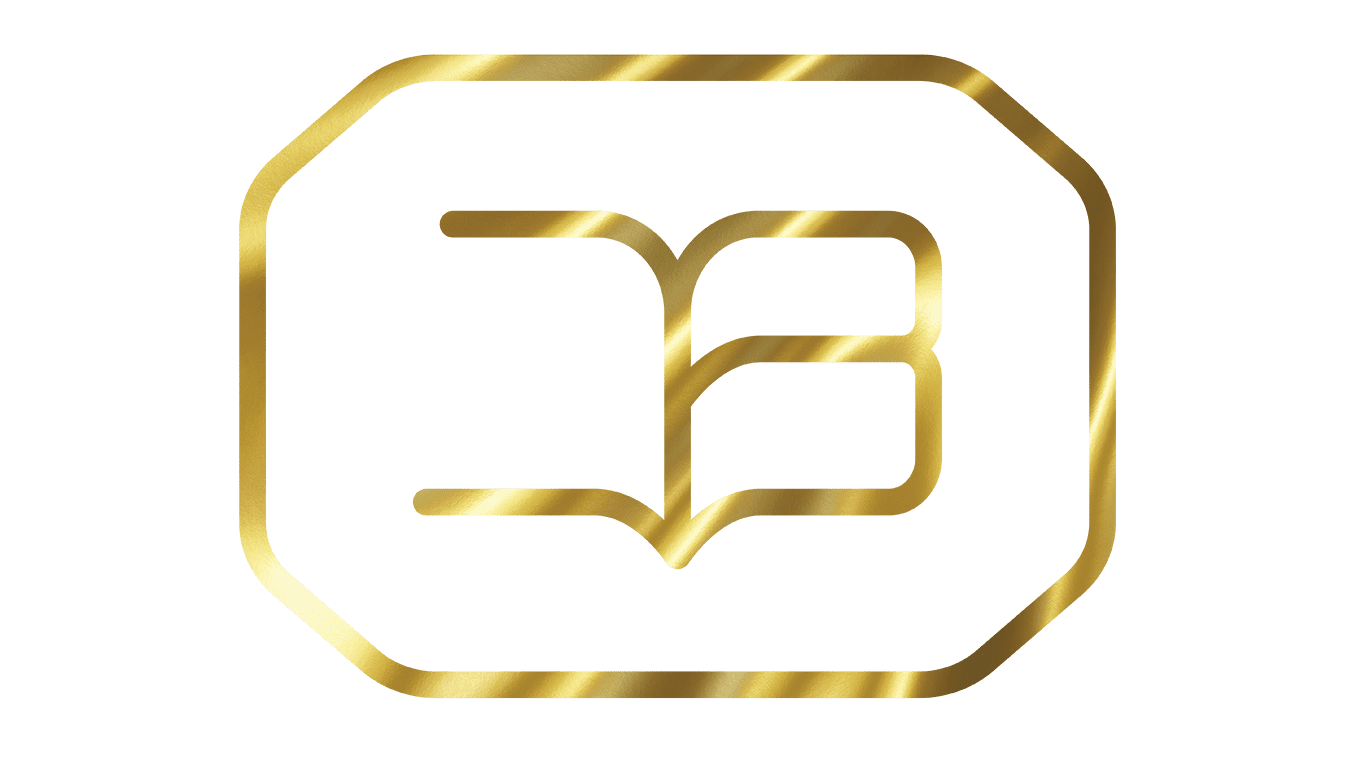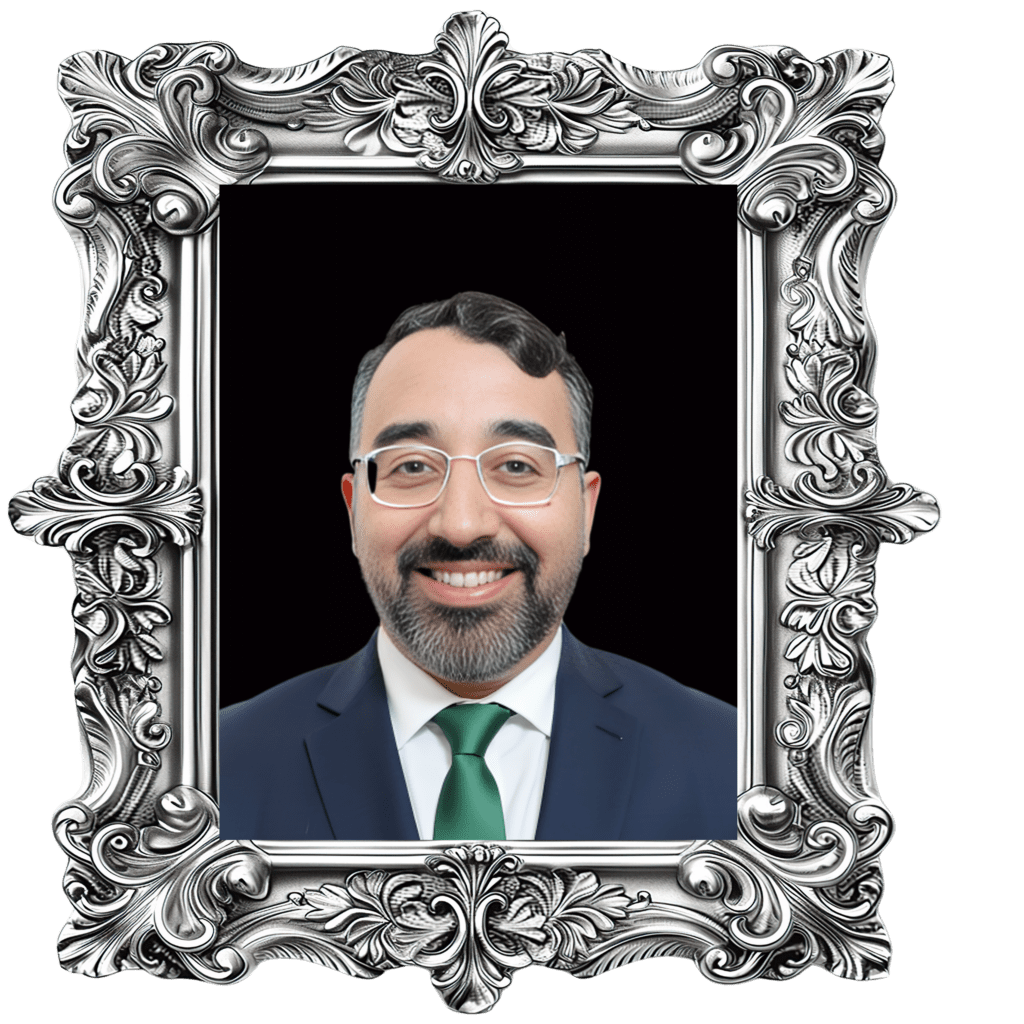צרו איתנו קשר!
יסודות הפוליטיקה והדמוקרטיה
מסע אינטלקטואלי מתיאוריה למעשה
Foundations of Politics and Democracy
An Intellectual Journey from Theory to Practice
About The Course
על הקורס
קורס זה מציע מסע אינטלקטואלי מרתק ומעמיק אל לב הפוליטיקה והממשל בעידן המודרני, המשלב תיאוריה, היסטוריה ואקטואליה. המשתתפים יחקרו את מהות הפוליטיקה ותפקידה החיוני בחברה האנושית, החל מהגדרת המושג "פוליטיקה" ועד לניתוח ביקורתי של מערכות ממשל מגוונות ברחבי העולם. נתמודד עם שאלות יסוד כגון: האם חברה יכולה להתקיים ללא פוליטיקה? תוך בחינת דוגמאות היסטוריות ועכשוויות של ניסיונות לארגון חברתי א-פוליטי והשלכותיהם.
הקורס יעמיק בהבנת מושג הדמוקרטיה, מקורותיו העתיקים באתונה ורומא, והתפתחותו עד ימינו. נערוך השוואה מקיפה בין מודלים שונים של דמוקרטיה – ישירה, ייצוגית ומשתתפת – תוך בחינת יישומם במדינות שונות, מהדמוקרטיה ההסכמית בשווייץ ועד למודל האמריקאי. נתמקד בסוגיות ליבה כמו חופש הביטוי, הפרדת רשויות, וזכויות המיעוט, תוך ניתוח אירועים אקטואליים המאתגרים עקרונות אלו.
במקביל, נחקור לעומק שיטות ממשל אלטרנטיביות, כולל מונרכיה, אוליגרכיה, ואוטוקרטיה, תוך ניתוח היתרונות והחסרונות של כל שיטה. נבחן מקרי בוחן מרתקים מרחבי העולם, כגון המודל הסיני של "קפיטליזם אוטוריטרי", והניסיון הייחודי של סינגפור.
לאורך הקורס, המשתתפים יפתחו כלים לחשיבה ביקורתית על מערכות פוליטיות, ילמדו לנתח יחסי כוח בחברה, ויבחנו את השפעת הגלובליזציה והטכנולוגיה על עיצוב מערכות פוליטיות בעידן הדיגיטלי. נעמיק בהבנת ההשפעה של תהליכים גלובליים ושינויים טכנולוגיים על הפוליטיקה המודרנית, כולל השפעת הרשתות החברתיות על השיח הפוליטי ואיומי הפופוליזם.
הקורס ישלב דיונים תיאורטיים עמוקים עם ניתוח אירועים עכשוויים, ויעודד את המשתתפים לחשוב באופן יצירתי על אתגרי הדמוקרטיה במאה ה-21. בסיום הקורס, המשתתפים יציגו פרויקטים, כגון תכנון מודל ממשל חדשני המשלב טכנולוגיות מתקדמות או ניתוח השוואתי של מערכות פוליטיות במדינות שונות. פרויקטים אלו ישקפו את הבנתם המורכבת של הדינמיקה הפוליטית ואת יכולתם ליישם ידע תיאורטי בסוגיות מעשיות של ממשל וחברה בעידן המודרני.
* הקורס יותאם לרמת כל שכבת גיל.
This course offers a fascinating and in-depth intellectual journey into the heart of politics and governance in the modern era, integrating theory, history, and current affairs. Participants will explore the essence of politics and its vital role in human society, from defining the concept of "politics" to critically analyzing diverse governance systems worldwide. We will grapple with fundamental questions such as: Can a society exist without politics? This will be examined through historical and contemporary examples of attempts at apolitical social organization and their consequences.
The course will delve into understanding the concept of democracy, its ancient origins in Athens and Rome, and its evolution to the present day. We will conduct a comprehensive comparison between different models of democracy – direct, representative, and participatory – while examining their implementation in various countries, from Switzerland's consensual democracy to the American model. We will focus on core issues such as freedom of expression, separation of powers, and minority rights, while analyzing current events that challenge these principles.
Concurrently, we will explore alternative forms of government in depth, including monarchy, oligarchy, and autocracy, analyzing the advantages and disadvantages of each system. We will examine fascinating case studies from around the world, such as the Chinese model of "authoritarian capitalism" and Singapore's unique experience.
Throughout the course, participants will develop tools for critical thinking about political systems, learn to analyze power relations in society, and examine the impact of globalization and technology on shaping political systems in the digital age. We will deepen our understanding of the influence of global processes and technological changes on modern politics, including the impact of social networks on political discourse and the threats of populism.
The course will combine in-depth theoretical discussions with analysis of current events, encouraging participants to think creatively about the challenges facing democracy in the 21st century. At the conclusion of the course, participants will present projects, such as designing an innovative governance model incorporating advanced technologies or a comparative analysis of political systems in different countries. These projects will reflect their complex understanding of political dynamics and their ability to apply theoretical knowledge to practical issues of governance and society in the modern era.
* The course material will be tailored to the age of the learners.







